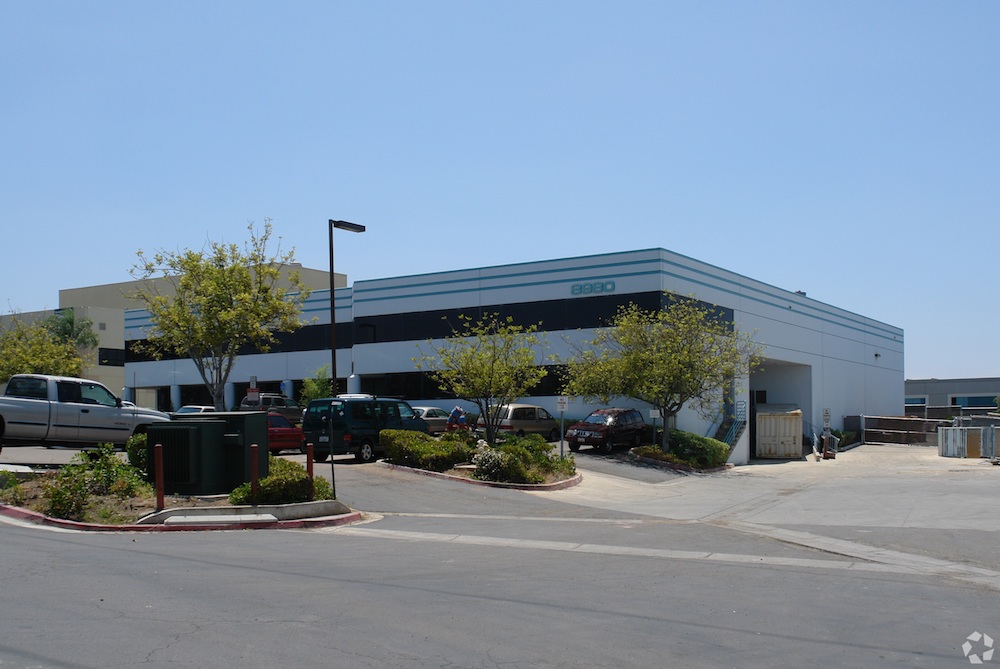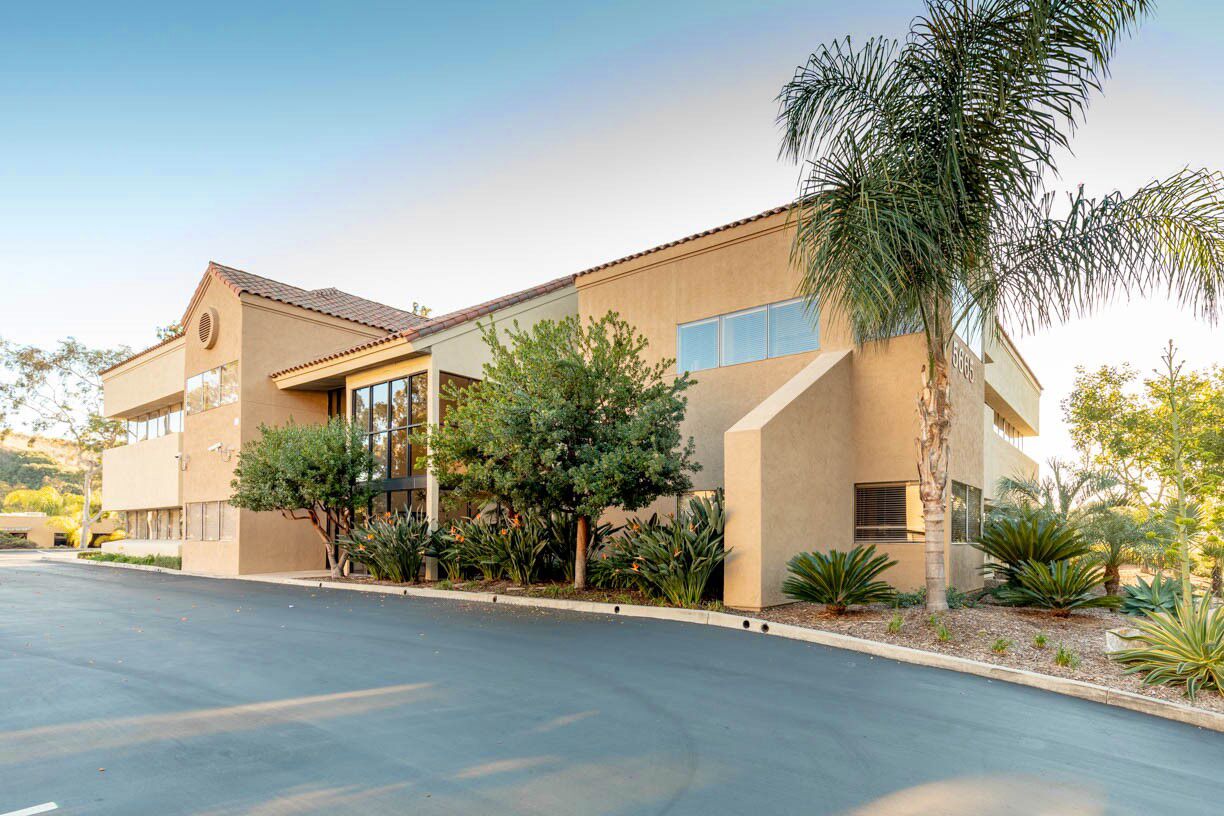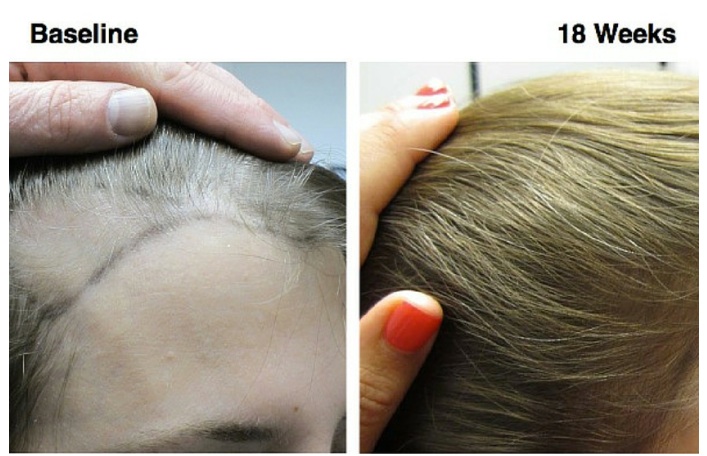Daily Business Report-May 8, 2019
County Administration Center. Public hearings on the balanced budget will begin on Monday, June 10 at 9 a.m. An evening hearing will take place at 5:30 p.m. on Thursday, June 13. (Photo courtesy of San Diego County)
New $6.21 billion county budget
proposal focuses on most vulnerable
The county of San Diego on Monday released a $6.21 billion recommended budget for fiscal year 2019-2020 that invests $112 million in new spending to help the region’s most vulnerable residents. Areas for the increased funding include people with mental health or substance use disorders, those experiencing homelessness or at risk of homelessness, address a lack of affordable housing, and assist children and families in the foster care system.
The new plan adds $50.3 million to the Behavioral Health Division, which covers mental health and substance abuse, bringing its annual budget to $708.5 million.
The increase will support 123 new positions and put $25.3 million into walk-in services for mental health outpatients, fund 70 Psychiatric Emergency Response Teams and expand services for residents with severe mental illness who rotate in and out of hospitals.
Another $12.5 million will provide 177 additional psychiatric beds for those needing long-term care. An extra $17.2 million will go to the No Place Like Home program for people experiencing or at risk of homelessness who need mental health services.
San Diegans will get continued access to Drug Medi-Cal systems for treatment of substance use disorder after the County’s investment tripled last year from $54.6 million to $179.6 million annually. The number of people treated is expected to jump 30 percent over that time period. Substance use disorder often exacerbates mental illness, homelessness and criminal behavior.
The county added $12.4 million to current housing efforts and doubled the original $25 million housing trust fund to $50 million to create affordable housing for homeless families and veterans, older adults with extremely low incomes, those with special needs and others at risk for homelessness. The full $50 million trust fund could result in as many as 1,800 affordable units. Development of four excess County properties will create an additional 700+ affordable units in coming years.
In a bid to increase lower-cost housing in the unincorporated areas, the county is already waiving various fees for homeowners who want to build granny flats, also known as accessory dwelling units. Now steps are underway to develop pre-approved building plans to further lower construction costs.
Child Welfare Services will see another $7.4 million to support 65 new positions and abuse investigations. The funding will also help carry out recommendations by the new Child and Family Strengthening Advisory Board. The increase includes social worker training to reduce family violence and a pilot ridesharing project to help families with visitation.
The budget will also advance services for Alzheimer’s disease. Eighteen new positions will help Public Health Services identify emerging trends and monitor infectious diseases such as measles.
Overall the County is adding 338 staff positions with 270 slated for the County’s Health and Human Services Agency.
In the area of juvenile justice reform, the County will create two new Achievement Centers for young people at risk of returning to juvenile hall. Continued funding for the recreational program Safe Destination Nights will keep 8,000 teens off the streets in the critical evening hours.
Continuing to fund the Fresh Start program will help adults with criminal records overcome barriers to success. The program can reduce felony convictions to misdemeanors, dismiss or expunge criminal records, and offer Certificates of Rehabilitation.
Sustainability remains a high priority. The County is exploring energy options such as community choice energy. The County will continue implementing its Climate Action Plan to reduce greenhouse gases, including planting 3,500 trees on public lands and adding 500 acres of open space to the 41,000 acres already preserved.
The budget includes $103 million for capital projects with funding going toward new Live Well Centers, parks, trails, a fire station and more. Partial funding includes the five-year renovation project for the historic County Administration Center, which kicked off in April.
The budget decreases 1 percebt or $59.7 million from last fiscal year because of reduced spending for one-time capital projects, but anticipated spending for ongoing programs has increased by $322.2 million.
Public hearings on the balanced budget will begin on Monday, June 10 at 9 a.m. An evening hearing will take place at 5:30 p.m. on Thursday, June 13.
The budget is part of a two-year operational plan. Budget deliberations and formal adoption of the first year of the budget plan are scheduled for June 25 at 2 p.m. At that time, the Board will also approve the second year in principle for planning purposes.
The public can get more information through the online budget portal and the recommended operational plan. The public can also submit comments to the Board using video or text options through an e-comment website. The online comments, in-person and written feedback options will be available until budget hearings close at 5 p.m. on June 19.
_____________________

La Jolla Baking Company acquires
industrial building in Miramar area
La Jolla Baking Company has acquired a 24,228-square-foot industrial building at 8980 Crestmar Point in the Miramar area for $4.98 million.. La Jolla Baking Company will occupy the entire facility. The seller was Vaust Properties LTD.
The property is situated on a 1.27-acre parcel and features approximately 30 percent office area and 70 percent warehouse/manufacturing area. The building features power, dock and grade loading, skylights throughout the warehouse area, and ample parking. There is also a secured yard area.
Cushman & Wakefield represented the buyer in the transaction. The seller was represented by Kidder Mathews.
_____________________

Intersection acquires Class B office building
San Diego-based commercial real estate firm Intersection has acquired a Class B office building in Sorrento Mesa for $7.575 million — the first asset in its second Fund, the Intersection Diversified Value Fund. The 30,996 square foot class-B office building is located at 5665/5677 Oberlin Drive. Oberlin Court is a two-building office portfolio on a 1.37-acre parcel.
Intersection sourced the property through Marcus and Millichap. It plans to execute a value-add campaign including exterior paint, window replacement, new roof, and lobby/corridor renovations. Along with the renovations, rents will be moved to market.
_____________________

Reliant Funding expands headquarters
Reliant Funding, a small business finance provider, has expanded its headquarters to encompass an extra 20,000 square feet. The company now occupies the entire second floor at 9540 Towne Centre Drive in La Jolla. With the new addition to its headquarters, Reliant Funding plans to bring on more employees. The larger office also accommodates exponential growth.
The larger office provides an open concept with both cubicle seating and interactive benched seating for the company’s departments. The new office also provides two breakrooms, a game room and multiple meeting spaces. The new space will be a complete continuation of existing color schemes, layout and decor.
_____________________
Diaper tax relief bill included
in governor’s state budget update
Assemblywoman Lorena Gonzalez (D-San Diego), says her legislation to make children’s diapers exempt from the state sales tax will be included in Gov. Gavin Newsom’s update to the proposed state budget, which will be unveiled on Thursday.
“This tax relief will go a long way in helping those young families who we know are at their most economically vulnerable,” said Gonzalez, who first proposed eliminating the diaper tax in January 2015. “In California, more than 50 percent of the children born are on Medi-Cal. We know that young parents struggle. We know that diapers are a necessity not only for the health of the child, they’re also required in order to drop your child off at childcare. If you want a job, you have to have diapers.”
The tax break will give the average family in California $100 to $120 a year per child, or enough to diaper a child for a full month.
_____________________

San Diego sanitation driver Diana Heath
wins national Driver of the Year Award
City of San Diego driver Diana Heath has been named winner of the National Waste & Recycling Association’s national Driver of the Year Award. The award was presented during the sanitation industry’s annual 2019 WasteExpo in Las Vegas, NV.
Heath was recognized for her many contributions to her job, including a notable record of zero traffic accidents over the span of her career. She has been with the city for 21 years and has operated a variety of trucks, including one of the city’s new Compressed Natural Gas vehicles. Throughout the years, Heath has earned recognition by the city for her commitment to customer service.
This is the second year in a row that a city of San Diego driver has won this award. Sanitation Driver Roger Bronner brought home the award last year as NWRA’s 2018 Driver of the Year.
“My sincerest congratulations to Diana Heath on this incredible honor,” said San Diego Chief Operating Officer Kris Michell. “She wholeheartedly represents the city’s commitment to excellence in customer service and sets an example for others to follow. We truly appreciate her dedication to our city and our residents.”



